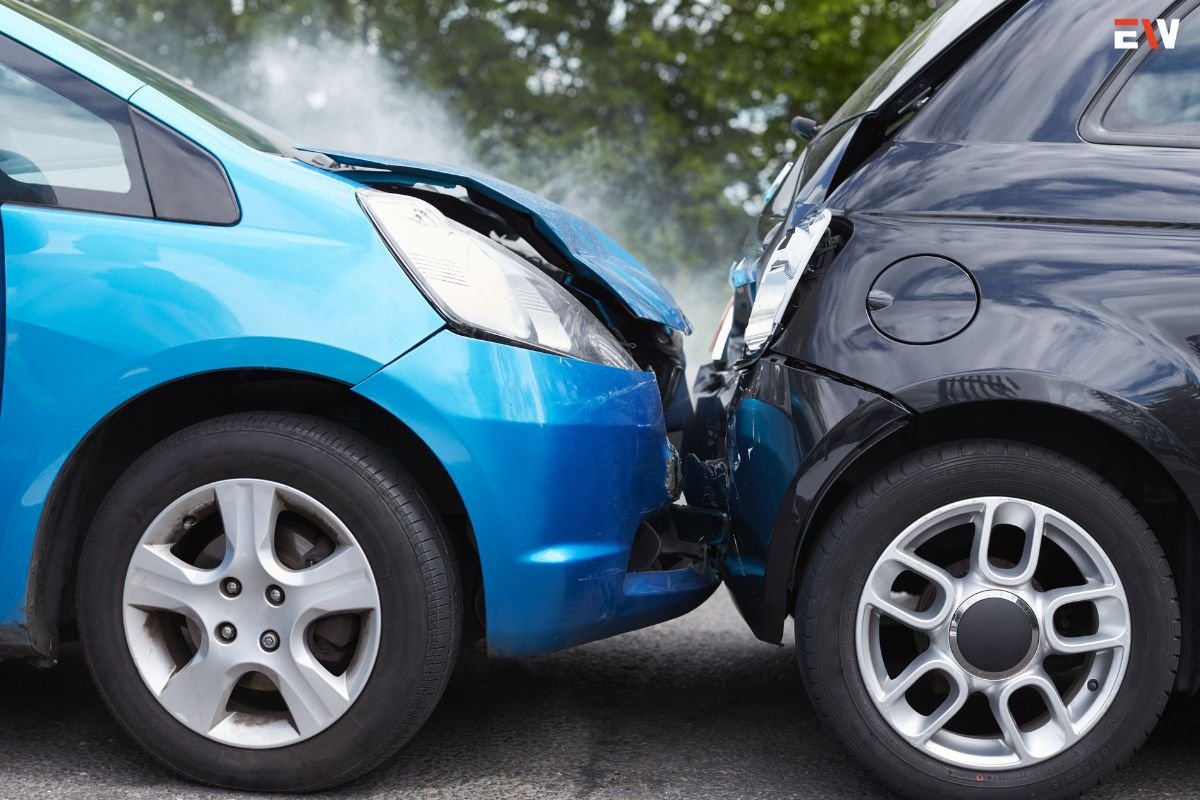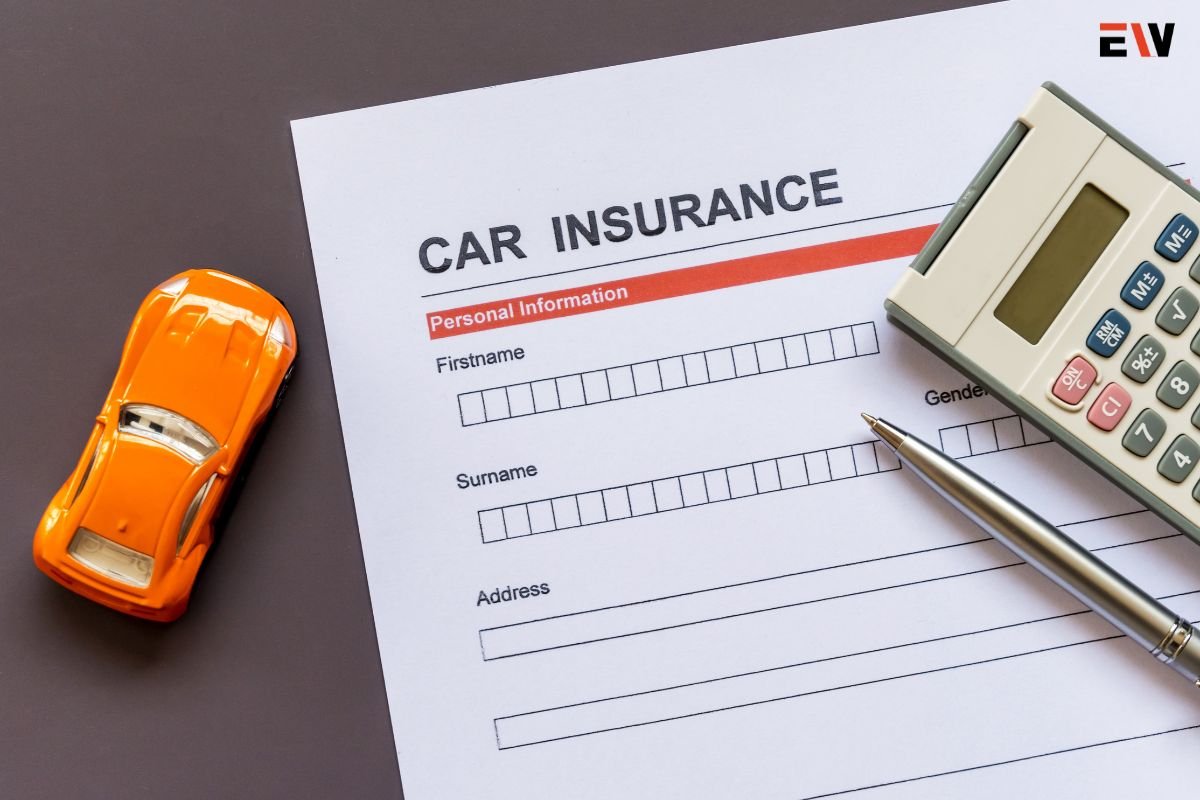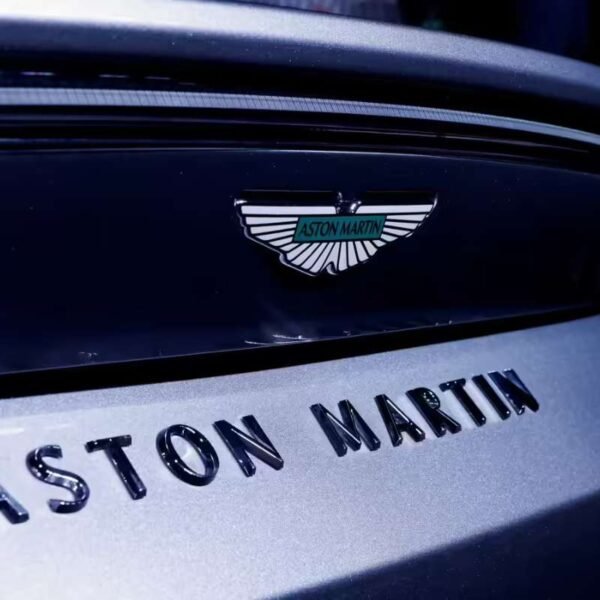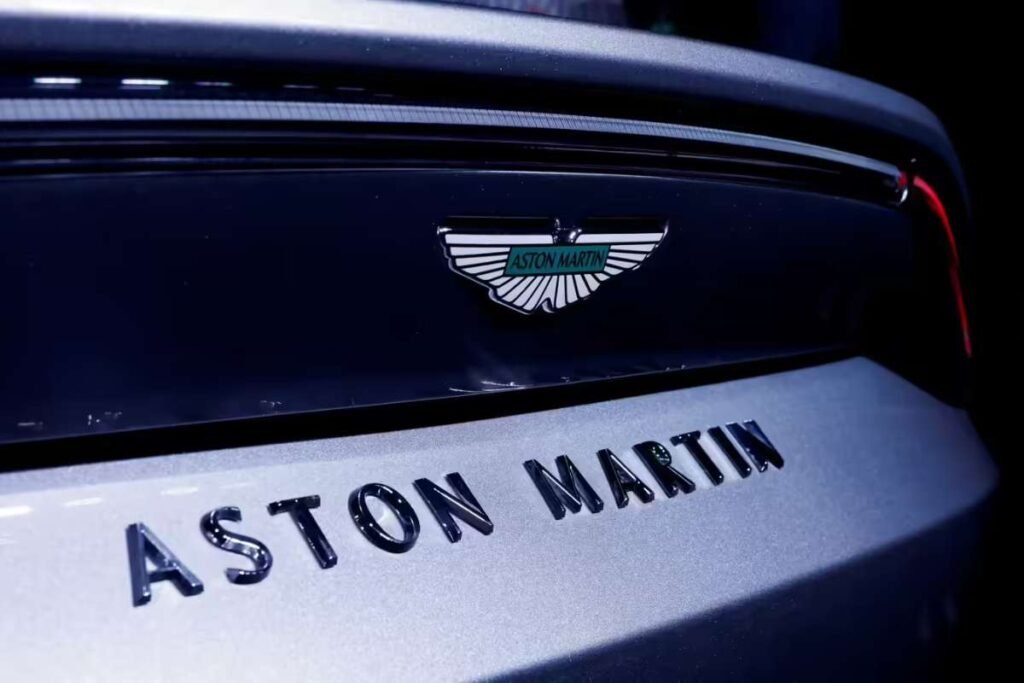Car insurance is a crucial aspect of vehicle ownership, providing financial protection in case of accidents, theft, or other damages. Understanding the different types of car insurance available can help you make informed decisions and choose the right coverage for your needs. This guide explores the various types of car insurance, their coverage specifics, and the benefits they offer.
Here are 10 Types of Car Insurance:
1. Liability Insurance
Coverage Details:
Liability insurance is typically required by law in most states. It covers the costs associated with injuries and property damage that you, as the driver, are legally responsible for causing to others in an accident.
Types of Liability Coverage:
- Bodily Injury Liability (BIL): Covers medical expenses, lost wages, and legal fees for the other party if you are at fault.
- Property Damage Liability (PDL): Covers the cost of repairing or replacing the other party’s vehicle or property damaged in the accident.
Benefits:
- Protects you from significant financial loss in the event of an accident.
- Ensures you meet legal requirements for driving in most states.
2. Collision Insurance
Coverage Details:
Collision insurance pays for the repair or replacement of your vehicle if it is damaged in a collision, regardless of who is at fault.

Benefits:
- Provides coverage for your vehicle’s damages from collisions.
- Offers peace of mind knowing that repair costs are covered.
3. Comprehensive Insurance
Coverage Details:
Comprehensive insurance covers damages to your vehicle that are not the result of a collision. This includes theft, vandalism, fire, natural disasters, and falling objects.
Benefits:
- Offers broad protection against a variety of non-collision-related damages.
- Protects your investment in your vehicle.
4. Personal Injury Protection (PIP)
Coverage Details:
Personal Injury Protection, also known as no-fault insurance, covers medical expenses, lost wages, and other related costs for you and your passengers, regardless of who is at fault in the accident.
Benefits:
- Ensures quick payment of medical bills and other expenses.
- Reduces the need for legal battles over who is at fault.
5. Uninsured/Underinsured Motorist Coverage (UM/UIM)
Coverage Details:
Uninsured Motorist coverage protects you if you are involved in an accident with a driver who does not have insurance. Underinsured Motorist coverage applies when the other driver’s insurance is insufficient to cover the damages.
Benefits:
- Provides financial protection against uninsured or underinsured drivers.
- Covers medical expenses and property damage.
6. Medical Payments Coverage (MedPay)
Coverage Details:
Medical Payments Coverage pays for medical and funeral expenses for you and your passengers, regardless of who is at fault in an accident.

Benefits:
- Covers a wide range of medical expenses.
- Provides quick payment of medical bills.
7. Gap Insurance
Coverage Details:
Gap insurance covers the difference between the actual cash value of your car and the amount you owe on your auto loan or lease if your vehicle is totaled or stolen.
Benefits:
- Protects you from financial loss if your car is totaled and you owe more than its market value.
- Essential for those with new or financed vehicles.
8. Towing and Labor Coverage
Coverage Details:
Towing and Labor coverage pays for the cost of towing your vehicle and any labor performed at the site of a breakdown.
Benefits:
- Provides roadside assistance for emergencies.
- Offers peace of mind knowing that help is available in case of a breakdown.
9. Rental Reimbursement Coverage
Coverage Details:
Rental Reimbursement coverage pays for the cost of renting a vehicle while your car is being repaired after a covered accident.
Benefits:
- Ensures you have a vehicle to use while yours is in the shop.
- Reduces out-of-pocket expenses for rental cars.
10. Classic Car Insurance
Coverage Details:
Classic Car Insurance is designed for vintage or antique vehicles. It offers coverage that considers the car’s agreed-upon value rather than its actual cash value or depreciated value.
Benefits:
- Provides specialized coverage for classic and antique cars.
- Often includes benefits like spare parts coverage and agreed value coverage.
Choosing the Right Car Insurance

When selecting car insurance, consider the following factors:
- State Requirements: Ensure you meet the minimum coverage requirements mandated by your state.
- Vehicle Value: For new or high-value vehicles, comprehensive and collision coverage may be essential.
- Personal Circumstances: Consider your driving habits, financial situation, and personal risk tolerance.
- Additional Coverage Options: Evaluate optional coverages like roadside assistance or rental reimbursement based on your needs.
Conclusion
Understanding the different types of car insurance and their specific coverages is crucial for making informed decisions about your protection on the road. Whether you need basic liability coverage to meet legal requirements or comprehensive coverage to protect against a wide range of risks, choosing the right car insurance can provide financial security and peace of mind. Always compare policies and consider your unique circumstances to find the best insurance solution for your needs.










